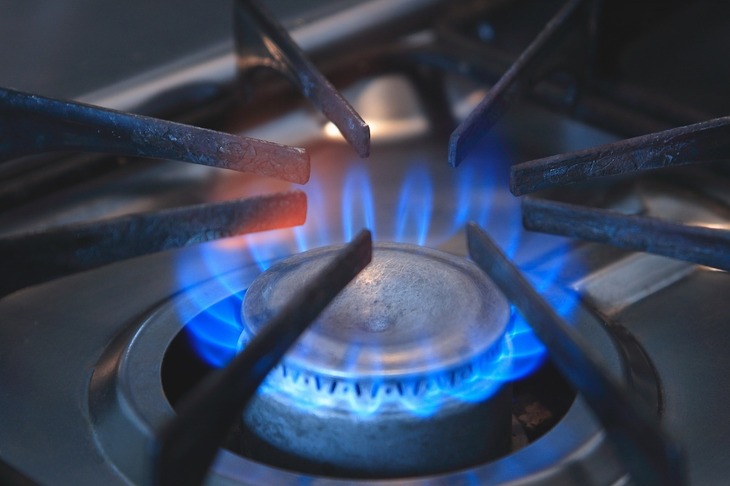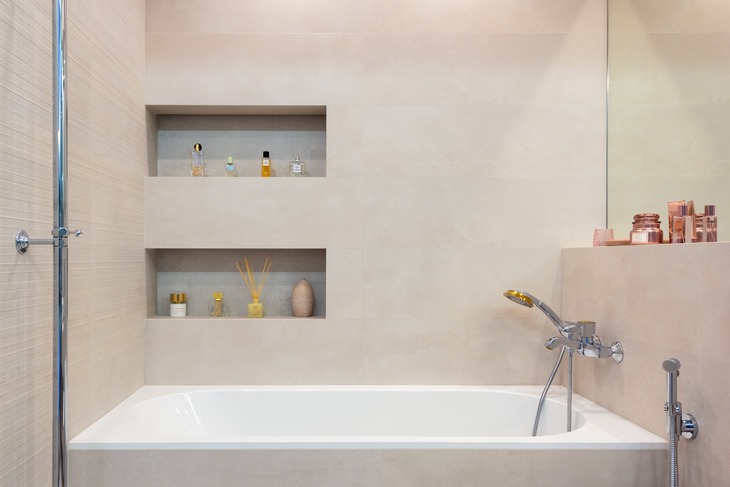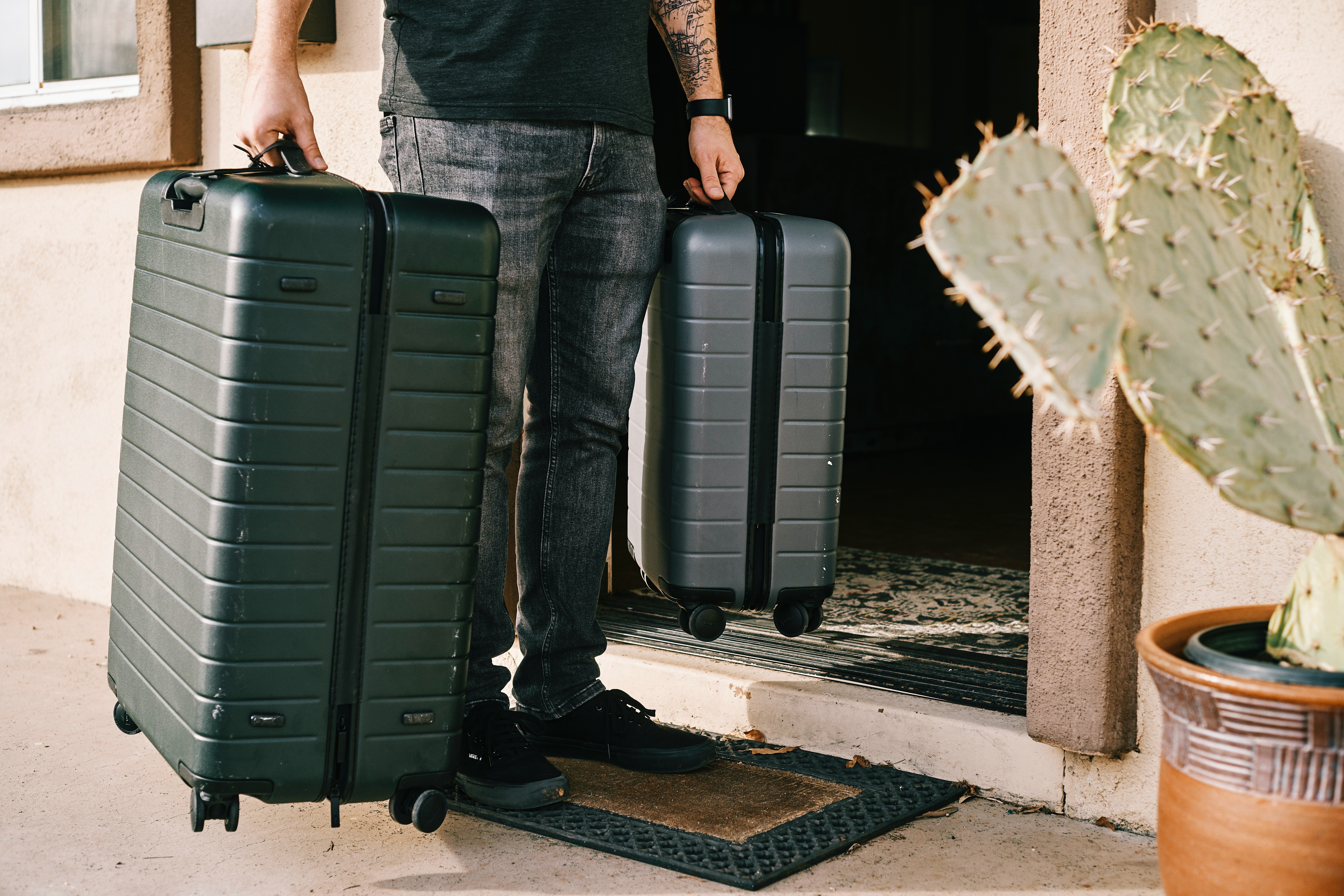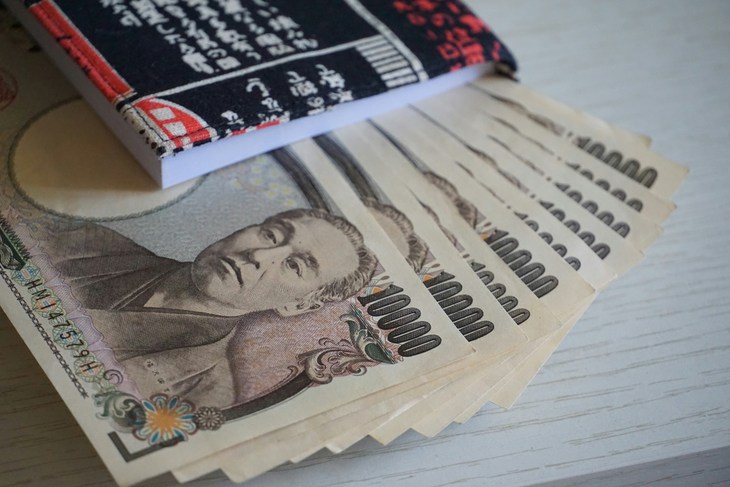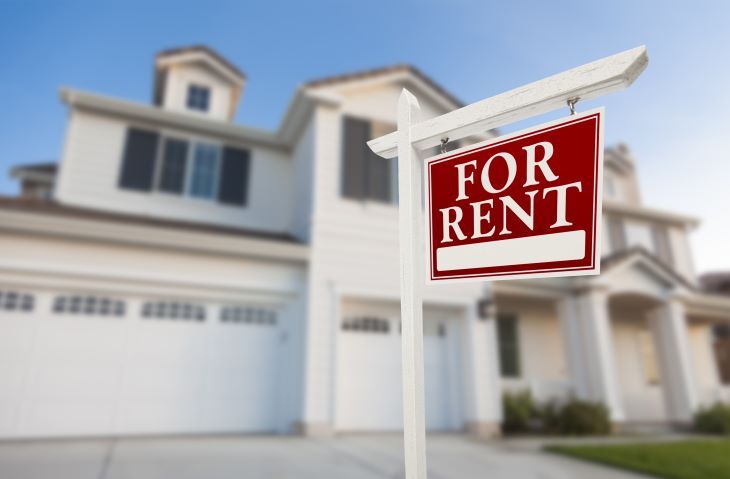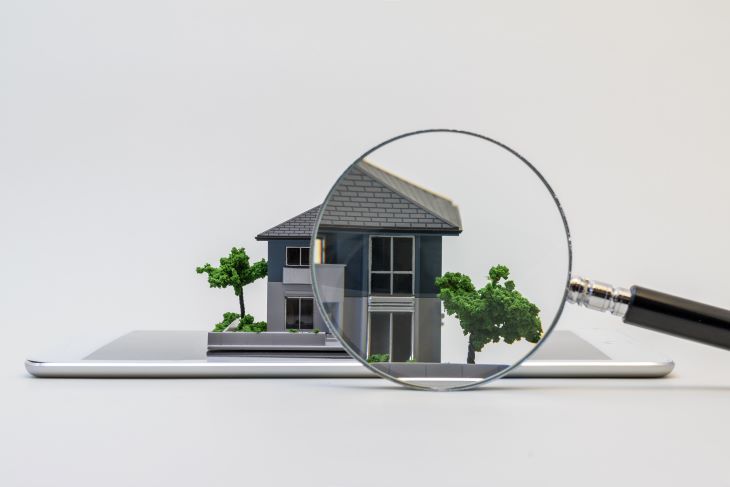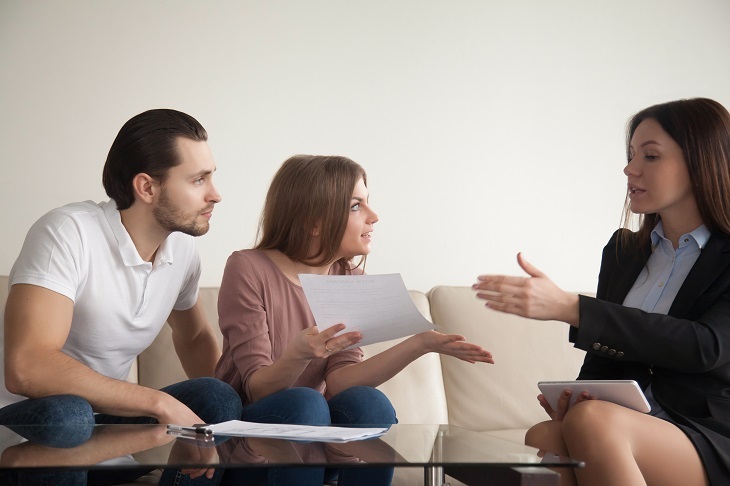How to Set Up Electricity, Gas, and Water in Japan
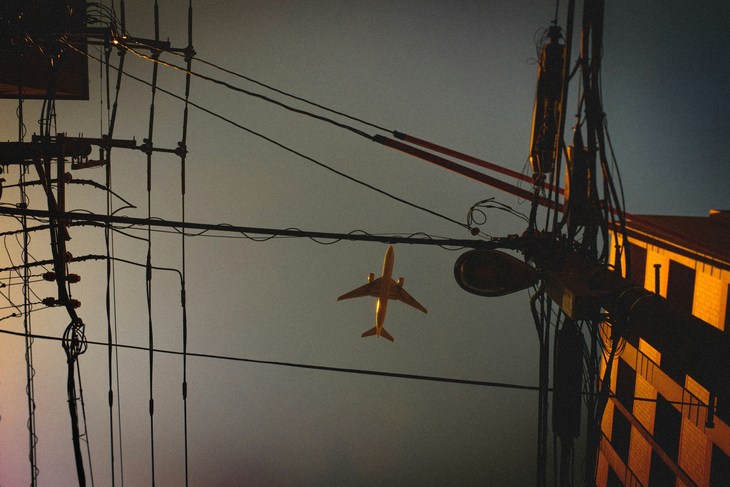
So you've obtained your Japanese visa, packed your bags, and finally made the big move to Japan. While the most time-consuming parts of moving may be over, you will be faced with another important task: setting up gas, electricity, and water in your new apartment or home. While this can seem daunting when you've just arrived in a new country, as long as you know what you need to do to set up utilities in your home, the process isn't too difficult.
So let's take a look at what you need to know about utilities in Japan including how to go about arranging for utilities, what you'll need to make contracts with utility companies, average utility costs in Japan, and how you can save some money on your monthly bills so that you can enjoy your life in Japan without feeling like all of your money is disappearing to pay the electricity bill.
How to Set Up Utilities in Japan
Once you've found yourself an apartment in Japan, be it through a real estate company or on your own, your next step will be to arrange for electricity, gas, and water. This should be done at least a week before moving in or earlier, assuming that you have all the information you need in order to make a contract. In most cases, you will have to take care of this on your own, since all of the contracts need to be made in your name. You will likely be given information on which companies to contact by the real estate agent or the property management company in charge of your apartment, but they won't be able to help you actually set up utilities.
Depending on what utility companies operate in your area, you may be able to find a company that offers assistance in English or your native language, but many do not, especially outside of major urban centers like Tokyo. If you don't speak Japanese and need to contact a utility company by phone, try to find a coworker or friend who does and have them assist you.
Nowadays, some utility companies do allow you to complete the contracting process online. This can be much smoother than on the phone, as if you do not speak or read Japanese you may be able to use automatic browser translation programs like Google Translate to help you make your way through the process. If arranging utilities online is not an option, then you'll have to do so by phone.
If you arrange electricity far enough in advance, in all likelihood the electricity company will be able to enable the electricity in your apartment remotely the day you move in. All you will have to do is make sure that all of the breakers in your apartment are switched on after the electricity company informs you that they've turned on the power. Water is often left on, but you still need to make an account in your name in order to receive water bills. If the water is not on for some reason, you will need to find the switch to turn it on, which is usually located near the water meter outside the apartment.
For gas, a technician will have to come in person to your apartment after you have moved in to turn it on after you've arranged a contract. It doesn't take time for the technician to do this, but if they cannot come on your move-in date then you may have to go a few days without any gas, which may mean no hot water if your water is heated by gas and not electricity (which is often the case in Japan). This is part of why it is important to arrange these utility contracts well before you move in if possible so that you can schedule the gas technician to come either on move-in day or shortly after.
What You Need to Set Up Utilities
Whether online or over the phone, you will need some information in order to set up utilities in your apartment. Here is what you generally need to have on-hand to make a contract:
・Identification: This could be a passport, residence card, or any document that proves your identity.
・Address: You need to know your full address for the apartment you are moving into, or the companies won't be able to arrange your utilities.
・Service Start Date: You need to be able to tell the companies exactly when you want to start using these utilities.
・Contact Information: You will need an email address and a phone number to make contracts with the utility companies. Usually, the phone number needs to be a Japanese number, which can make it difficult to arrange utilities if you don't have a Japanese number yet. You can either try to get a SIM card with a Japanese phone number as quickly as possible or ask your company or a coworker if you can use their phone number when registering. If you are going to be working for a Japanese company and they are sponsoring your visa to come to Japan, they will often be willing to allow you to use a company number to initially set up utilities.
・Credit Card or Bank Account Information (Optional): It is usually possible to receive your monthly utility bills in the mail and pay them at any convenience store. This is your best option if you do not yet have a credit card or bank account in Japan. However, utility bills can also be paid by credit card or direct withdrawal from your bank account. If you already have a credit card or Japanese bank account then you could choose to pay through one of these methods from when you first arrange utilities, but again it is optional. You can always choose to change your payment method by contacting the utility company again after you have a credit card or Japanese bank account.
If you decide to pay your utility bills by receiving them in the mail and paying at a convenience store, make sure that you pay the bills by their due date and don't fall behind! Also make sure that you check your mail carefully, as the bills usually arrive as single loose sheets and could end up hidden inside junk mail that you throw in the trash. If you aren't paying your utilities on time, they will likely be shut off--leaving you in a difficult situation.
Tips to Save Money on Utilities
In Japan, the average monthly costs for water, electricity, and gas for a single-person household tend to be around ¥12,000 total: around ¥7000 for electricity, ¥3000 for gas, and ¥2000 for water. If there are more people in your household expect the bills to be noticeably higher than these averages. So how can you save some money by keeping utility costs lower? Here are some tips.
Electricity Bill Tips:
・Use LED Lightbulbs
These consume less power and have a longer lifespan than incandescent bulbs, so making sure the majority of the lights in your home are LEDs will help you save money long-term.
・Use Power-Saving Modes
Many appliances and electronics have power-saving modes for when you are not actively using them. If you can't turn them off completely, make sure they are automatically switching to power-saving mode or manually do so when you're not using them so they do not draw as much power.
・Pay Attention to Your Air Conditioner Settings
Air conditioner/heater units are likely going to be one of the biggest, if not the biggest, contributors to your electricity bill in the months you use them. A higher electricity bill in Japan's hot, humid summer is hard to avoid since apartments get too hot if you don't use an air conditioner, and using the heater in the winter can also inflate your electricity bill. Try to keep your air conditioner set to a reasonable temperature in summer and winter, rather than trying to turn your apartment into a fridge or sauna. Don't leave the air conditioner running when you leave the house, and if possible turn it off at night as well. If you can avoid using the air conditioner by opening windows or using fans and avoid using the heater by throwing on a couple of extra layers of clothes, you will likely see a noticeable decrease in your electricity bill.
Gas Bill Tips:
・Reduce Your Hot Water Usage
In most apartments, water is heated through gas. If you are constantly washing the dishes using warm water, taking 30-minute hot showers, or otherwise using a lot of hot water, this can increase your gas bill costs. If your gas bill seems high, try to take shorter showers or wash dishes with cold water when possible. And if you live in an apartment where hot water is heated by electricity, this same principle applies to reducing your electricity bill as well.
・Think About How You Cook
If you have a gas stove in your apartment and are using it constantly, this will naturally lead to higher gas bills every month. You can use alternative methods of cooking such as a rice cooker or pressure cooker, or cook in bulk and freeze leftovers so that you do not need to cook as often. Doing so may help to reduce your monthly gas bills.
・Check Your Water Heater Temperature Settings
If your hot water is gas-heated, there will often be a panel somewhere in your home that allows you to set the temperature of the hot water. The higher the temperature, the more expensive your gas bill will be, so make sure that it is set at a temperature that is hot enough for you, but not too hot.
Water Bill Tips:
・Use Water-Saving Toilets and Shower Heads
While this may not be possible if you are renting an apartment, you should consider installing a toilet or shower head designed to save water and reduce your water bills. Again, this may only be possible if you own your home or apartment, though there is a better chance of being able to change your shower head in a rented apartment than the toilet.
・Reuse Water
Whenever possible, try to reuse water. If you boiled water for tea but didn't use it all, use the rest to water plants after the water cools down. There are other creative ways to reuse water, so don't always immediately throw any extra water down the drain.
・Check for Leaks
It's important to be on the lookout for leaky faucets or pipes, since not only could this increase your water bill, but it could also eventually cause property damage. Be sure to quickly get any leaky faucets fixed, be it by replacing them or having a plumber take a look at them.
Good Luck Setting Up Your Utilities in Japan!
In Tokyo, most utilities can be arranged online with English support, so you don't need to feel intimidated by this process. Outside of major urban areas, English support may be more limited or unavailable, so in those cases ask for help from others, such as your employer, if necessary. As long as you know in advance what you need to do to set up your utilities, and take care of signing contracts before you arrive in Japan, getting water, electricity, and gas up and running in your apartment should be easy.














